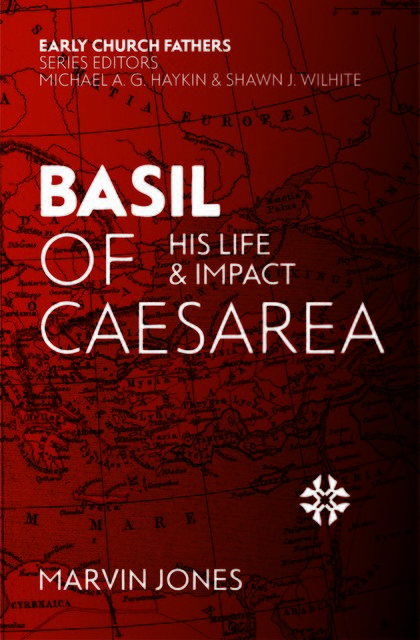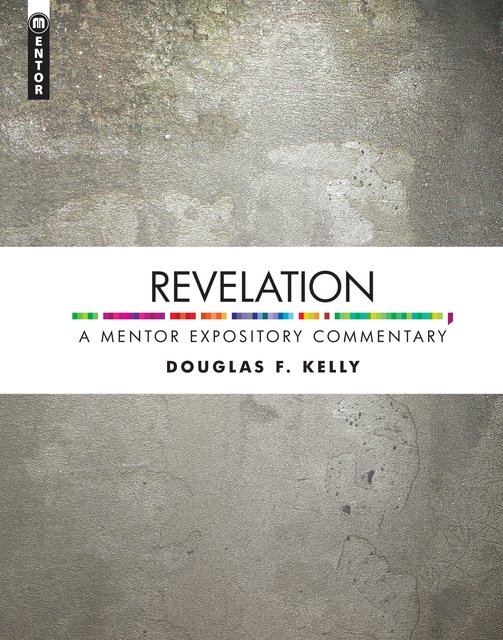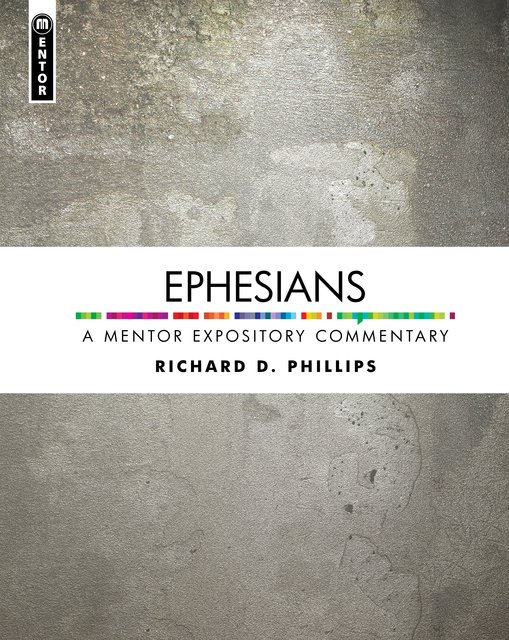
Marvin Jones’s “Basil of Caesarea: His Life and Impact” offers readers a profound journey into the life and influence of one of the early church’s most influential figures. Jones’s meticulous research and insightful analysis provide a comprehensive understanding of Basil’s legacy, making this book a valuable resource for anyone interested in church history.
One of the strengths of Jones’s work lies in his ability to bring Basil to life on the pages of his book. He skillfully portrays Basil’s character, struggles, and unwavering commitment to his faith. Through detailed anecdotes and historical accounts, Jones reveals the complexities of Basil’s personality, making him a relatable and inspirational figure.
Furthermore, the book delves deep into Basil’s theological contributions, especially his doctrine of the Holy Spirit. Jones masterfully explains Basil’s writings and arguments, shedding light on the profound theological debates of his time. Readers seeking a nuanced understanding of Basil’s theology will find this book to be an indispensable resource.
Throughout the book, Jones provides ample quotations from Basil’s writings, allowing readers to engage directly with the words of this early Christian theologian. For example, on page 87, Basil’s words resonate powerfully: “The Spirit’s work in us is not a secondary or minor aspect of our faith but is central to our transformation.” Such quotations enhance the book’s authenticity and provide readers with a firsthand connection to Basil’s thoughts.
In addition to its focus on Basil, this book offers valuable insights into the broader historical and ecclesiastical context of the early church. It illuminates the challenges and triumphs of the early Christians, making it an excellent resource for those interested in the development of Christian doctrine and practice.
One aspect that sets this book apart is its readability. Jones’s prose is accessible and engaging, making complex theological concepts understandable to a wide audience. Whether you are a scholar or a layperson, you will find this book both informative and enjoyable to read.
Finally, it is essential to note that this review is not influenced by any financial incentive. I write this review solely based on my appreciation for the depth and quality of Marvin Jones’s work on Basil of Caesarea. It is a testament to the author’s dedication to scholarship and his passion for sharing the rich history of the early church.
In conclusion, “Basil of Caesarea: His Life and Impact by Marvin Jones” is a profound exploration of a remarkable figure in church history. It combines historical rigor, theological depth, and engaging storytelling to offer readers a comprehensive and accessible portrait of Basil. This book is a valuable addition to the library of anyone interested in the early church and the development of Christian theology.
Statement of Compliance: I want to clarify that I have not received any compensation or incentive for writing this review. My opinions and insights are solely based on my assessment of the book’s content and quality.
Title: Basil of Caesarea: His Life and Impact
Author: Marvin Jones
Author: Marvin Jones Publisher: Christian Focus

